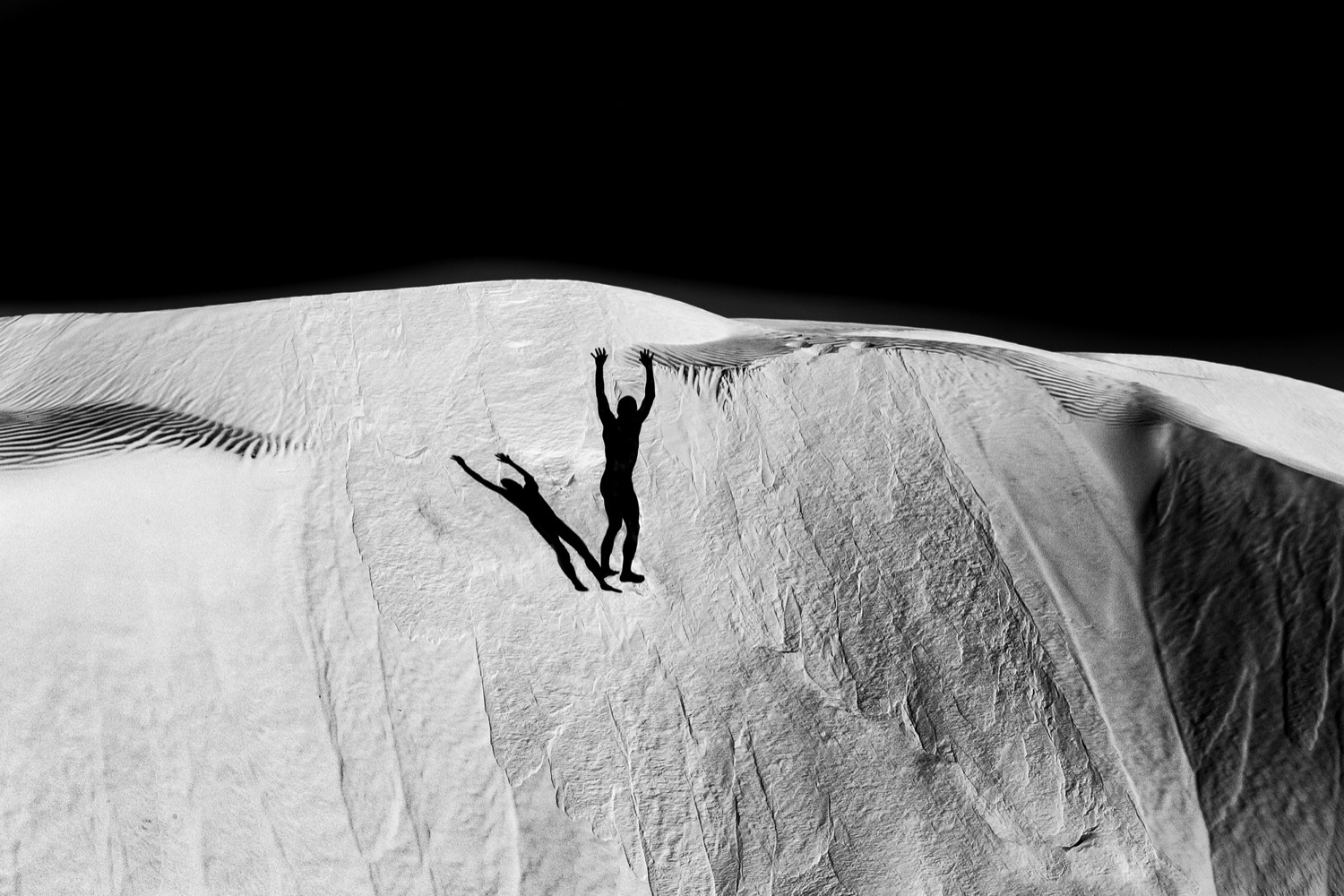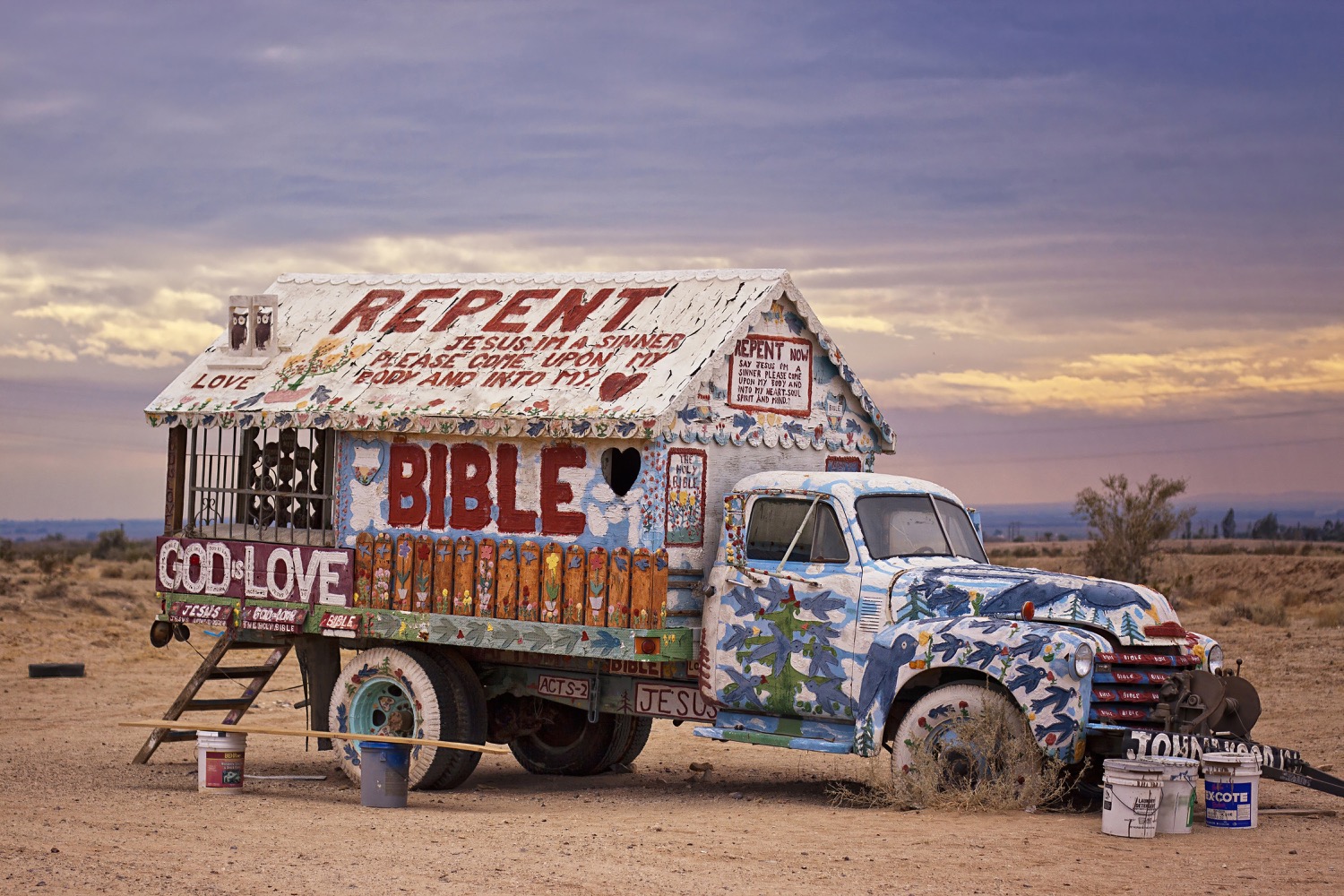
Zanele Muholi in MEP
Zanele Muholi
The first retrospective in France dedicated to Zanele Muholi.
MEP

The MEP is proud to present the first retrospective in France dedicated to Zanele Muholi, the internationally renowned South African photographer and activist whose work documents and celebrates the Black LGBTQIA+ (lesbian, gay, bisexual, transgender, queer, intersex, asexual+) community. This major event, which brings together more than 200 photographs and videos created since the early 2000s as well as numerous archival materials, covers the full breadth of Muholi's career to date, honouring one of the most acclaimed artists working today.

Zanele Muholi
Zanele Muholi, who defines themself* as a “visual activist”, uses the camera as a tool to confront and repair injustice. During the 1990s, South Africa underwent significant social and political change. Democracy was established in 1994 with the abolition of apartheid; this was followed by a new constitution in 1996, the first in the world to outlaw discrimination based on sexual orientation. Despite this progress, the Black LGBTQIA+ community remains the target of violence and prejudice to this day. Muholi is deeply involved in this community, and their photographic work is inseparable from their life and their activism. Telling stories that are both individual and collective, the artist hopes to give visibility to their community while challenging conventional stereotypes and representations. Bringing to light the uniqueness and diversity of the individuals they picture, Muholi emphasizes their courage and dignity in the face of intolerance and discrimination.
These photographs encourage viewers to address their own misconceptions. Together they create a new lexicon of positive imagery for under- and misrepresented communities, promoting mutual understanding and respect.

"My mission is to rewrite a Black queer and trans visual history of South Africa, for the world to know of our resistance and existence at the height of hate crimes in South Africa and beyond."

Zanele Muholi is that most unique of figures in the international contemporary art world: a powerful and original voice that transcends the boundaries of their own immediate interests and local sphere. Associated primarily with work over many years in the LGBTQIA+ and gender-nonconforming communities in South Africa, Muholi’s work has implications for questions of identity and political activism in the worlds of photography and art that reach, and echo, far beyond their origins and context. A primary and essential aspect of Muholi’s practice is how images associated with the visual arts might not only respond to pressing and urgent social questions (in other words, a question of documentation, the means of bringing a subject to the public), but how they might effect change in the world beyond that in which they were made. Since training at the Market Photo Workshop in Johannesburg, Muholi has never settled for an understanding of photography (or indeed video) associated with the limited conventions of traditional documentary practices. Their work takes on the narrow concept of representing the realities of their subjects and reaches beyond, forcing us to think about, and often rethink, the ways in which representation itself might fall short for some communities and identities. Their practice in portraiture, portraits of both themself and others, offer ample evidence of both the ambition and efficacy of an approach which seeks, we could say, never to leave the possibility for an audience to be unaffected or unmoved by an encounter with it.

As ever, in conjunction with our major exhibition in the principal galleries, the MEP invites two exciting early-career artists to exhibit in The Studio, which, from 2023, is programmed by Clothilde Morette for the MEP with the continued generous support of Christian Dior Parfums. The first Studio is that of Cedrine Scheidig, laureate of the prix Dior for photography in 2021, who brings her own unique take on questions of race and identity in both her native Paris, and in new works made in Martinique. The second Studio of the season marks the first solo exhibition in France of acclaimed American artist and filmmaker Diane Severin Nguyen, whose photographic work evokes questions of both material and categorical instability. The MEP is proud to bring together three artists working at the cutting edges of today’s image world for the start of a year of programming that will showcase the works of historic and contemporary women artists including Jay DeFeo, Maya Rochat and Viviane Sassen. Simon Baker Director of the MEP
MEP 01.02.2023 ‒ 21.05.2023
https://www.mep-fr.org/en/homepage
.svg)
.svg)
.svg)







